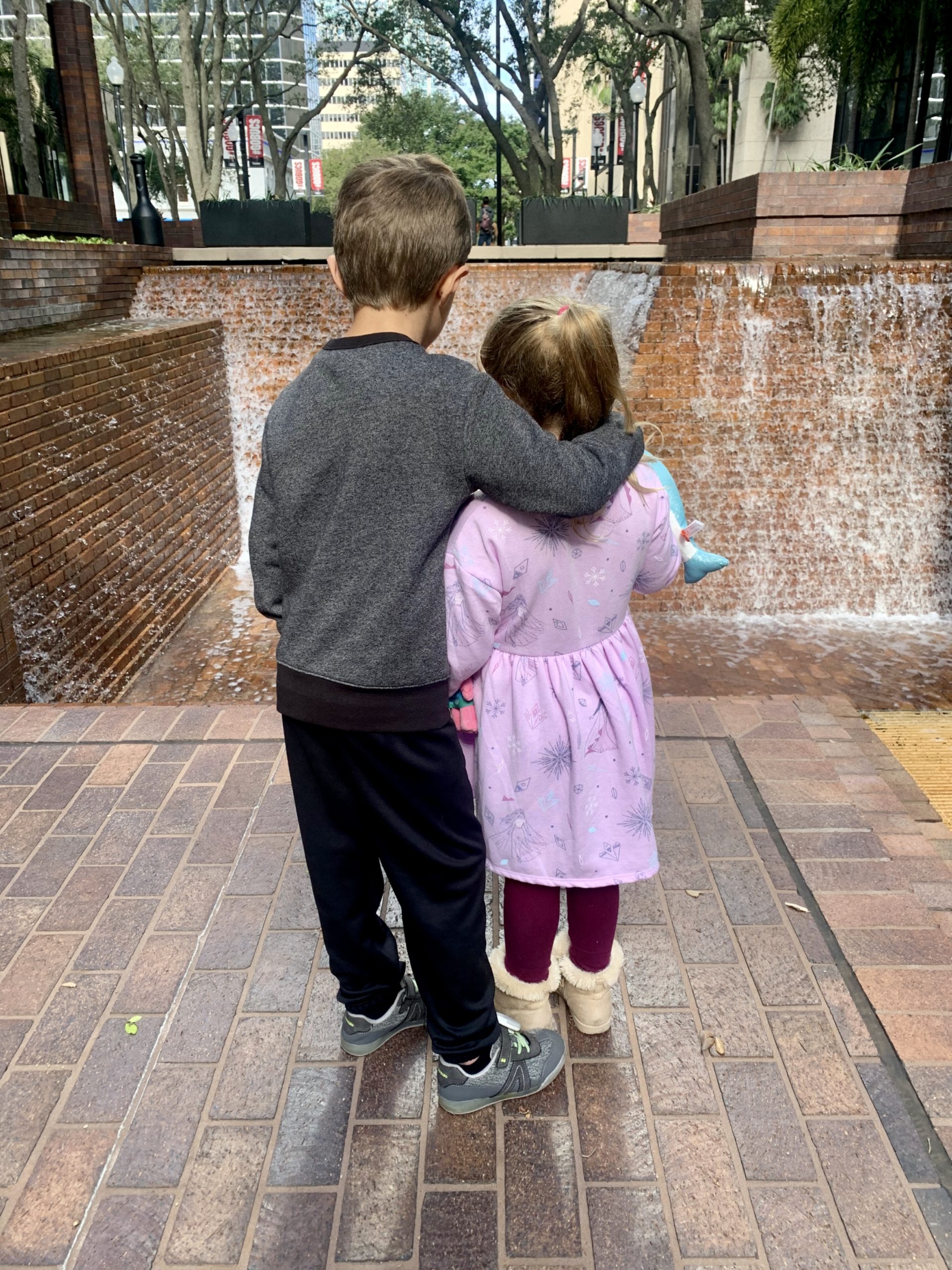
Walking Together: Supporting Siblings of Non-Verbal Autistic Children
On behalf of the Robert Norton Foundation, we’d like to shine a light on a challenging yet underexplored facet of family life within the autism community: being a sibling to a non-verbal autistic child. Navigating this journey as a parent is often a road less traveled, filled with joys, hurdles, shared experiences, and unique personal growth.
The dynamics within a family that has a child with special needs, particularly those on the non-verbal autism spectrum, can be a delicate balance. It’s not merely about managing the autistic child’s requirements but also considering the siblings’ needs, who may face a unique set of challenges themselves.
To fully comprehend the impact, it’s important to recognize that siblings often serve as secondary caregivers. They grow up faster, understanding sooner the complexities of the world. They become inherently sensitive to the silent communication of their non-verbal sibling, turning into experts at deciphering non-verbal cues, expressions, and emotions.
However, the weight of these responsibilities can feel heavy, leading to feelings of isolation, anxiety, and guilt. They may struggle with divided attention from their parents or find it challenging to communicate their own needs in light of their sibling’s more visible demands. They may also grapple with their sense of identity, as they can often feel defined by their role as the sibling of a non-verbal autistic child.
As parents, how can we ensure we are providing the necessary support to these siblings, fostering an environment where they feel seen, heard, and understood? Here are a few suggestions:
Foster Open Communication: Encourage siblings to express their feelings and thoughts freely. Facilitate a safe space where they can discuss their experiences, both positive and challenging, regarding their relationship with their autistic sibling.
Ensure Individual Attention: Each child has unique needs. Try to spend individual time with each child, doing activities they love. This special time helps siblings feel valued and understood on their own terms.
Encourage Peer Interaction: Find or create a support network of peers who share similar experiences. This might be a local or online support group where they can connect with others who understand their unique journey.
Educate About Autism: Provide siblings with age-appropriate information about autism. This understanding can help siblings make sense of their experiences and feel more prepared to face challenges.
Provide Counseling if Needed: Don’t hesitate to seek professional help if a sibling is showing signs of significant distress. Therapists who specialize in autism and family dynamics can provide invaluable support.
Parenting a sibling of a non-verbal autistic child is a journey that requires balance, resilience, and a tremendous amount of love. As a parent, it’s crucial to remember that it’s okay to ask for help, to lean on the support of others, and to seek respite when needed. We don’t have to travel this journey alone.
The Robert Norton Foundation is here to support and guide you on this journey. We work tirelessly to advocate for families affected by autism, striving for a future where every family member feels seen, understood, and empowered.
Remember, in the face of adversity, we grow stronger together. Let’s walk this path hand in hand, nurturing the sibling relationships within our families and empowering our children to navigate their unique journeys with resilience, understanding, and compassion.


No Comments